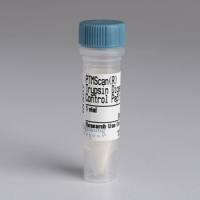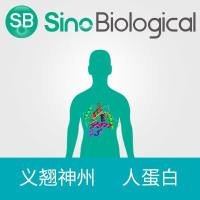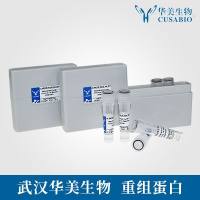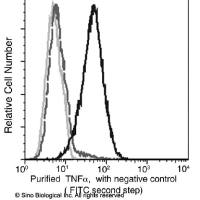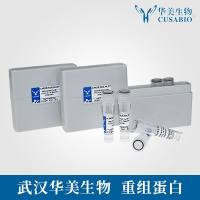The Mouse Model of Collagen-Induced Arthritis
Collagen-induced arthritis (CIA) is an experimental autoimmune disease that can be elicited in susceptible strains of rodents (rat and mouse) and nonhuman primates by immunization with type II collagen (CII), the major constituent protein of articular cartilage. Following immunization, these animals develop an autoimmune polyarthritis that shares several clinical and histological features with rheumatoid arthritis. Susceptibility to CIA in rodents is linked to the class II molecules of the major histocompatibility complex (MHC), and the immune response to CII is characterized by both the stimulation of collagen-specific T cells and the production of high titers of antibody specific for both the immunogen (heterologous CII) and the autoantigen (mouse CII). Histologically, murine CIA is characterized by an intense synovitis that corresponds precisely with the clinical onset of arthritis. Because of the pathological similarities between CIA and rheumatoid arthritis, the CIA model has been the subject of extensive investigation. Here, we describe the specifics for establishing the murine model of CIA, including specific requirements for the handling and preparation of the CII antigen, procedures for immunization, selection of susceptible mouse strains for study, and procedures for the evaluation and quantitation of the autoimmune arthritis.
![预览]()
